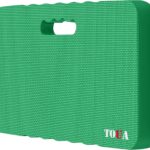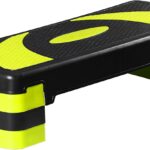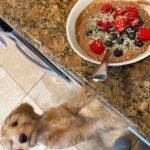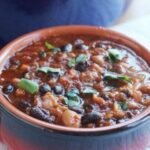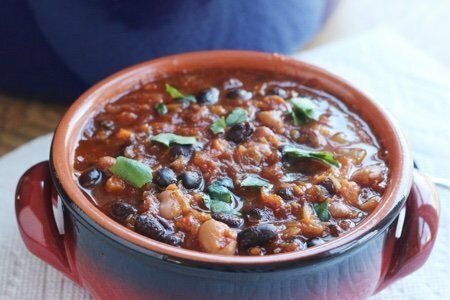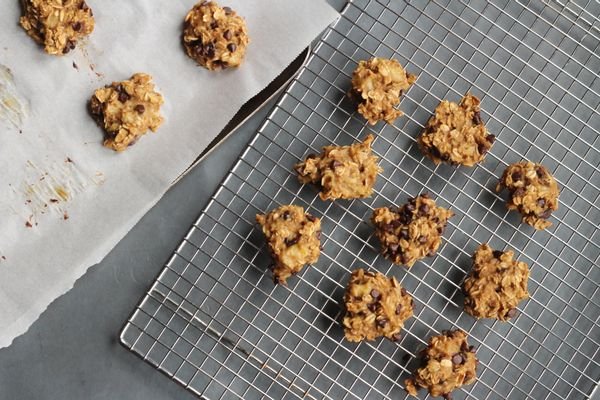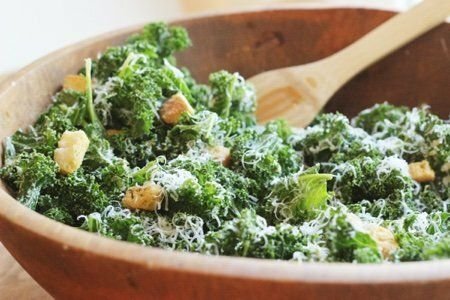Understanding Extreme Weight Loss
Extreme weight loss can sound daunting and often evokes images of grueling workouts and restrictive diets. However, the secret to effective weight loss involves a balanced approach that includes nutritious food choices and a sustainable lifestyle change. By implementing a strategic meal plan, individuals can achieve rapid results without compromising their health.
Why Meal Plans Matter
A well-structured meal plan is crucial for weight loss success as it helps eliminate uncertainty regarding food choices. By planning meals in advance, individuals can better control their calorie intake and make healthier choices. Moreover, meal plans can assist in the implementation of portion control and maintaining balanced nutrition.
Components of the Ultimate Meal Plan
The ultimate meal plan for rapid results includes a variety of foods to ensure you get all the necessary nutrients while losing weight. Here are the key components:
- Lean Proteins: Chicken, turkey, fish, beans, and legumes are excellent sources of protein that help build muscle and keep you full.
- Healthy Fats: Incorporate avocados, nuts, seeds, and olive oil, which not only provide essential fatty acids but also help in maintaining satiety.
- Whole Grains: Brown rice, quinoa, and whole grain bread can offer fiber and prolonged energy release, preventing spikes in blood sugar levels.
- Fruits and Vegetables: Rich in vitamins, minerals, and fiber, fruits and vegetables should make up a large part of your daily intake.
Sample Meal Plan for One Week
Here is a sample one-week meal plan designed for rapid weight loss:
Day 1
- Breakfast: Omelet with spinach and tomatoes
- Lunch: Grilled chicken salad with olive oil dressing
- Dinner: Baked salmon with quinoa and steamed broccoli
- Snack: A handful of almonds
Day 2
- Breakfast: Greek yogurt with berries
- Lunch: Turkey wrap with whole wheat tortilla and mixed greens
- Dinner: Stir-fried tofu with vegetables over brown rice
- Snack: Baby carrots with hummus
Day 3
- Breakfast: Smoothie with banana, spinach, and protein powder
- Lunch: Lentil soup with a side salad
- Dinner: Grilled shrimp with asparagus and sweet potato
- Snack: Apple slices with peanut butter
Day 4
- Breakfast: Oatmeal topped with chia seeds and sliced fruit
- Lunch: Quinoa salad with black beans and corn
- Dinner: Chicken stir-fry with a variety of vegetables
- Snack: A small handful of walnuts
Day 5
- Breakfast: Scrambled eggs with avocado
- Lunch: Tuna salad served in a whole wheat pita
- Dinner: Beef and vegetable kebabs with a side of brown rice
- Snack: Celery sticks with cream cheese
Day 6
- Breakfast: Protein pancakes topped with fresh fruit
- Lunch: Spinach and chicken salad
- Dinner: Baked cod with roasted vegetables
- Snack: A banana
Day 7
- Breakfast: Chia pudding with almond milk
- Lunch: Grilled chicken tacos with cabbage slaw
- Dinner: Zucchini noodles with marinara sauce and turkey meatballs
- Snack: Dark chocolate square
The Role of Hydration
Staying hydrated is an integral part of any weight-loss journey. Water plays a vital role in metabolism, digestion, and overall bodily functions. Aim to drink at least eight glasses of water a day, and consider substituting sugary beverages with water or herbal teas.
Exercise: Complementing Your Meal Plan
While a good meal plan is crucial, combining it with regular exercise can amplify your weight loss results. Aim for a mix of cardiovascular exercises, strength training, and flexibility workouts. Even 30 minutes of daily activity can significantly enhance your results.
Conclusion
Extreme weight loss doesn’t have to be a complicated process. By following an effective meal plan combined with healthy lifestyle changes, you can achieve rapid results while maintaining your overall health. Remember, the goal is to create sustainable habits that will lead to permanent changes over time. Stay consistent, stay motivated, and celebrate your achievements, big or small.
FAQs
- 1. Is it safe to lose weight rapidly?
- While rapid weight loss can be tempting, it’s essential to prioritize health. Consulting with a healthcare professional is recommended to determine a safe approach tailored to your needs.
- 2. Can I follow the meal plan if I have dietary restrictions?
- Absolutely! The meal plan can be adjusted to meet your dietary needs. Substitute proteins or grains and ensure that you meet your nutritional requirements.
- 3. How do I maintain my weight loss after reaching my goal?
- To maintain weight loss, continue with balanced eating habits and regular physical activity. Transitioning to a maintenance plan that allows for occasional indulgences can help with long-term sustainability.
- 4. How important is meal timing for weight loss?
- Meal timing can affect hunger and energy levels. Eating consistently throughout the day can help regulate appetite and avoid overeating.
- 5. What should I do if I hit a weight loss plateau?
- A weight loss plateau is normal. To overcome it, consider altering your exercise routine, modifying your meal plan, or reassessing your calorie intake.


